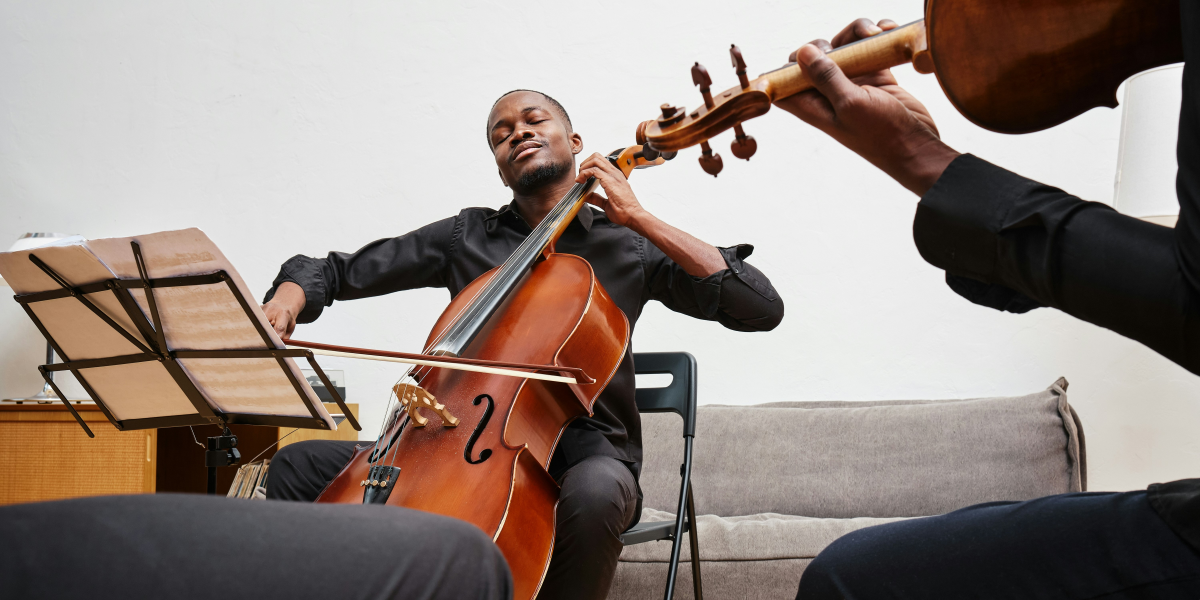Music has an extraordinary ability to evoke memories, stir emotions, and connect us to pivotal moments in our lives. From the happiness of childhood celebrations to the melancholy of past relationships, certain songs can instantly trigger vivid recollections, allowing us to relive cherished experiences. This article delves into the profound link between music and memory, highlighting how songs can evoke nostalgia and emotional recall in unique ways.
The Emotional Power of Music
One of music’s most remarkable features is its ability to provoke intense emotional reactions. A familiar song can bring forth a rush of memories, especially when it is tied to a specific event or person. For instance, hearing the tune played at your wedding or on a memorable road trip can instantly transport you back to those moments, enabling you to relive the feelings of joy, love, or freedom that accompanied them. These emotional responses underscore music’s unique role in our lives and its power to connect us with our past.
The Neurological Connection
Scientific research has revealed that listening to music engages various areas of the brain associated with memory, emotion, and reward. When we hear a familiar melody, neural pathways linked to past experiences and feelings are activated. This neurological connection explains why certain songs can trigger vivid recollections, even after many years. The music not only recalls a specific moment but also brings with it the emotions experienced at the time, offering a deeper and more immersive memory recall.
Nostalgia and the Role of Music
Nostalgia, the emotional yearning for the past, is a powerful phenomenon. Music is often a catalyst for nostalgia, with specific songs taking us back to times or events that were meaningful. These songs evoke emotions such as longing, warmth, or bittersweet joy as they recall moments that defined our personal histories. Whether it’s a song from childhood or an anthem from a past relationship, music’s role in triggering these feelings of nostalgia is integral to how we experience and remember the past.
Music and Cultural Identity
Music also plays a significant role in shaping cultural identity and collective memory. It serves as the soundtrack to shared experiences, encapsulating entire eras, movements, and social phenomena. Songs that define particular generations or cultural moments carry a collective nostalgia that transcends individual experience. For example, certain anthems or ballads may symbolize a particular time in history or social change, and hearing them can evoke a sense of unity among people who share that cultural connection, regardless of their backgrounds.
Harnessing the Power of Music for Personal Reflection
The connection between music and memory is not only a passive experience but can also be actively harnessed for reflection and emotional growth. By curating playlists that represent different stages of life—such as songs from childhood, formative experiences, or significant milestones—you can create a musical journey that serves as a personal soundtrack to your memories. Listening to these songs allows you to reflect on how far you’ve come, the emotions you’ve experienced, and the lessons learned along the way.
Strengthening Connections through Shared Music
Music also fosters strong social bonds, particularly when shared with others. Whether it’s reminiscing with friends over old albums, attending concerts, or singing along to familiar tunes, music provides a unique space for collective memory. Shared experiences, such as enjoying the same song with others, create a sense of camaraderie, reinforcing bonds that may last a lifetime. This shared nostalgia often strengthens relationships, creating memories that are rooted in the music of your time together.
The Timeless Influence of Music on Memory
The bond between music and memory is undeniable. From the powerful emotional responses it triggers to its neurological impact, music has a remarkable ability to connect us to both our personal and shared histories. Whether it’s the melody of a childhood lullaby or the lyrics of a favorite anthem, music allows us to relive significant moments, evoking emotions and memories with unparalleled clarity. By embracing the connection between music and memory, we can deepen our emotional ties to the past, enrich our present experiences, and celebrate the enduring power of music in our lives.
Music’s influence on memory is not just about nostalgia; it’s a testament to the profound impact that music can have on the human experience, allowing us to reflect on our lives while forging deeper connections with ourselves and others.
Published by: Nelly Chavez















